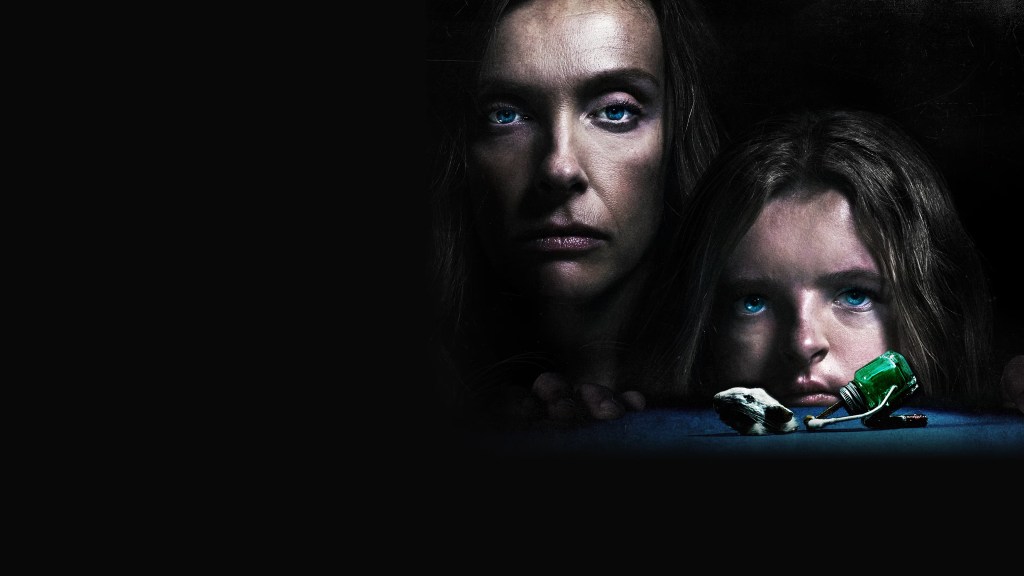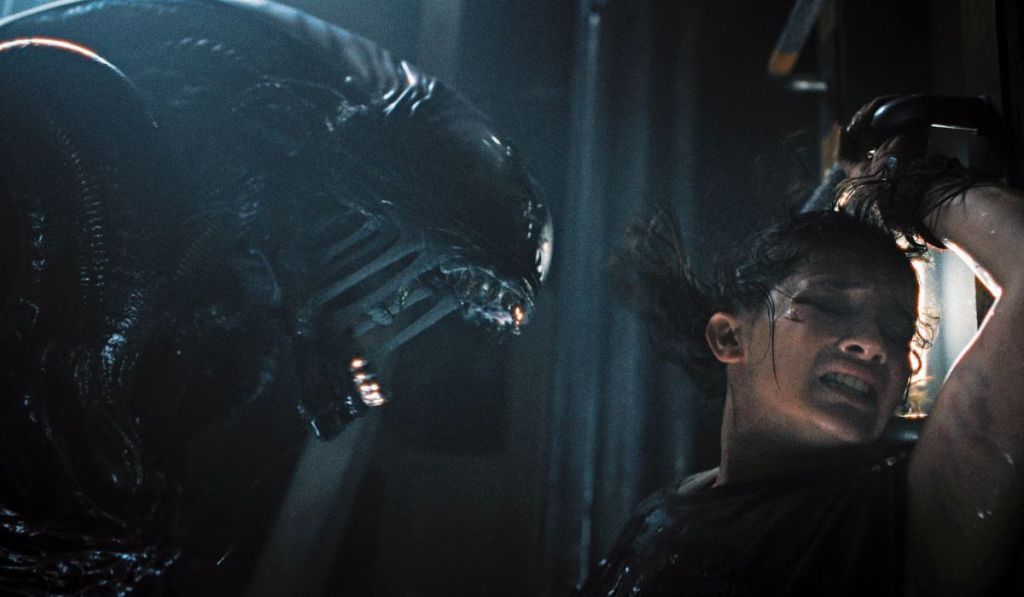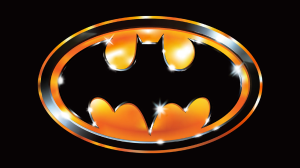Horror movies aren’t just a genre of cinema: they’re a reflection of the anxieties and traumas of an entire generation. Baby boomer horror films (The Fly, Plan 9 From Outer Space, The Blob) were dominated by society’s nightmare dread about the atomic age and the runaway pace of science and technology after World War II. Older boomers of the 1970s saw their horror films (Halloween, The Omen, Jaws, Last House on the Left) shatter the post-war image of American moralism and the “safety” of the suburban utopia, instead highlighting the cultural anxieties of danger, murder, madness, and satanic cults in a post-Charles Manson world. The late 1970s and early 1980s were marked by generational anxieties about consumerism, capitalism, and technology spiraling out of control (Dawn of the Dead, Alien, The Terminator); 1980s slasher-horror showcased Generation X’s dark cynicism and edgy wit about a corrupted world and the supposed Karmic consequences of awaiting the sinful ones (in the form of maniac killers). Millennial horror reflects the looming dread of bio-technological doom (Species, 28 Days Later, Pulse, Cloverfield), the voyeurism of camera culture (the entire found-footage sub-genre), as well as meta-awareness of the genre itself and its conventions (Scream, Saw, Final Destination).
Videos by ComicBook.com
As the 2020s hit their midpoint, it’s becoming clearer and clearer what themes Gen Z (those born in a range from the 1990s to the 2010s) is dealing with through horror cinema. And it’s all about processing and reconciling with some deep generational trauma, as well as the tragic inheritance of a world that can easily seem doomed.
Generational Grief Horror Started to Creep Into the 2010s

While it would be easy to compartmentalize horror trends into neat little decade-length blocks, it’s not the reality. Like in society, decades are transitional processes that involve slowly letting go of old trends in order to discover and establish new ones. It’s no surprise, then, that it was around the mid-point of the 2010s that we started to see filmmakers like Robert Eggers (2015’s The Witch, 2019’s The Lighthouse) and Ari Aster (2018’s Hereditary, 2019’s Midsommar) emerging as dominant names in the genre, on the backs of films that directly address famialial themes of older generations corrupting or forsaking the younger one.
Weapons has become another box office hit for Warner Bros. and the horror genre in 2025 (at the time of writing this); It’s hard not to trace a line between director Zach Cregger’s previous breakout film, Barbarian (2022), and Fede Álavarez’s Don’t Breathe (2016), which both feature the premise of struggling young people stumbling across monstrous figures while trapped in run-down and abandoned sections around the city of Detroit. That’s thematic synchronicity you don’t see every day.
From these trends (which obviously include many other films not named here, like the A Quiet Place series), it’s pretty clear that the last decade has been rough on Gen Z, in terms of offering a hopeful outlook for the future. And if we center on the 2020s specifically, it seems like this generation is dealing with a shared sense of bleakness, both internally and externally.
2020s Horror Is Defined By Generational Conflict & Grief
The 2020s have brought a new generation of horror filmmakers who are, by now, well-established as new leaders of the genre. Australian duo Danny and Michael Philippou have gone from being YouTube content creators to releasing two acclaimed horror films, Talk to Me (2022), and this year’s Bring Her Back. Both films center on protagonists caught up in the midst of deep grief following a parent’s death, with the latter film’s “villain” being an older woman (an excellent Sally Hawkins), traumatized by the death of her own daughter and messing with occult rituals to “resurrect” her by sacrificing another kid. The film was inspired by a real-life family tragedy the filmmakers suffered, with Danny Philippou outright revealing during the press tour for Bring Her Back that the trauma changed their outlook (and subsequently their art), forever:
“The idea of her never being okay ever again after that, that was an inspiration point… And how far she would go to heal herself from it,” Philippou said (via DoG). “The idea of a never-ending grief cycle is terrifying to me.”
That theme of youthful disillusionment is growing quickly in horror. Ryan Coogler’s breakout hit Sinners hinges on a central character’s (Preacher Boy Sammy) idealistic dreams of being a music star snatched away by one night of death, trauma, and loss – as well as the heartbreaking realization that the dream was never even possible in the flawed society of the Jim Crow South. Although it’s set in a segregated era, Sinners makes a pointed effort (via that now-iconic anachronistic musical dance sequence) to remind us that similar cultural traumas still echo through today. Heretic (2024) was pretty direct with its attempt to put Gen Zers through the paces of reconciling modern views with traditional religious dogma; Final Destination: Bloodlines was not subtle in flipping that entire franchise around into a metaphor about the mental, physical, and/or emotional struggles today’s generation is inheriting through family DNA.

Osgood “Oz” Perkins is another emerging name in horror, thanks to his films Longlegs and The Monkey. The former film stirred backlash when it made a surprise pivot from serial killer psycho-thriller to supernatural horror with a generational twist (a killer mother). Meanwhile, The Monkey was criticized for taking a direct (if heavy-handed) approach to its metaphor about the toxicity that is passed down through generational lines. It’s no coincidence that these are recurring themes of a filmmaker who is the son of one of horror’s biggest icons (Psycho‘s Norman Bates actor, Anthony Perkins). Perkins began his career as a child actor in Psycho II (that’s a therapy bill for sure…) and has one of the most complicated family histories imaginable. Even as an older filmmaker (51), his concerns with the past affecting and shaping a darker present are perfectly in league with horror trends of today, and are striking a chord with Gen Z.
Now, even major horror franchises, which once seemed to have stalled, are successfully retooling for the current times and new audience: Fede Álvarez clearly took in generational considerations for his Alien: Romulus reboot, and found great success with his “Alien for Gen Z” flip about a group of kids desperate to escape their parents’ blue-collar doom. Dan Trachtenberg’s Predator: Badlands will (soon) go in an even bolder direction with that franchise, throwing a member of the Predator species (the Yuatja) into a harsh, unforgiving world, on a survival quest to prove his (generation’s) worth, and face (possibly dethrone?) his own father.

Weapons has solidified Zach Cregger as one of horror cinema’s best new voices. Cregger has similarly been open about the fact that his latest work was in part inspired by deep personal loss (his former comedy troupe friend, Trevor Moore). The film also tells a story that (SPOILERS) basically boils down to a group of deeply flawed adults and social systems failing to notice the obvious horror and abuse one child was suffering behind closed doors. That suffering not so coincedentally invovled an elder member of the family feeding off of youth; it’s therefore fair to argue that the wild ending of Weapons is actually an ominous warning from Cregger: That if older generations continue to mortgage the futures of younger generations, the kids may not be too happy about it (see also: Scott Derrickson’s run from Sinister to The Black Phone). Even M3GAN is having fun (and making dollars), reminding future Gen Z parents of the dangers of relying on technology as a substitute for family bonding and parental attentiveness. Good times.
By the time we hit the 2030s, and “Generation Alpha” is just sneaking into theaters to get a good scare (will theaters still exist?), new trends in horror will surely be taking shape. And by then, 2020s hindsight will make it even clearer what we know right now: that Gen Z was very unhappy with the state of the real world outside their digital bubbles, and disillusioned when faced with the reality of the dark ties of lineage and culture that bind us all. And horror was there, providing that wonderful thematic catharsis for all those hard feelings – one form of deliverance that every new generation can actually count on.
NOTE: The movies mentioned in this article are either showing in theaters or streaming now. Go watch them.









